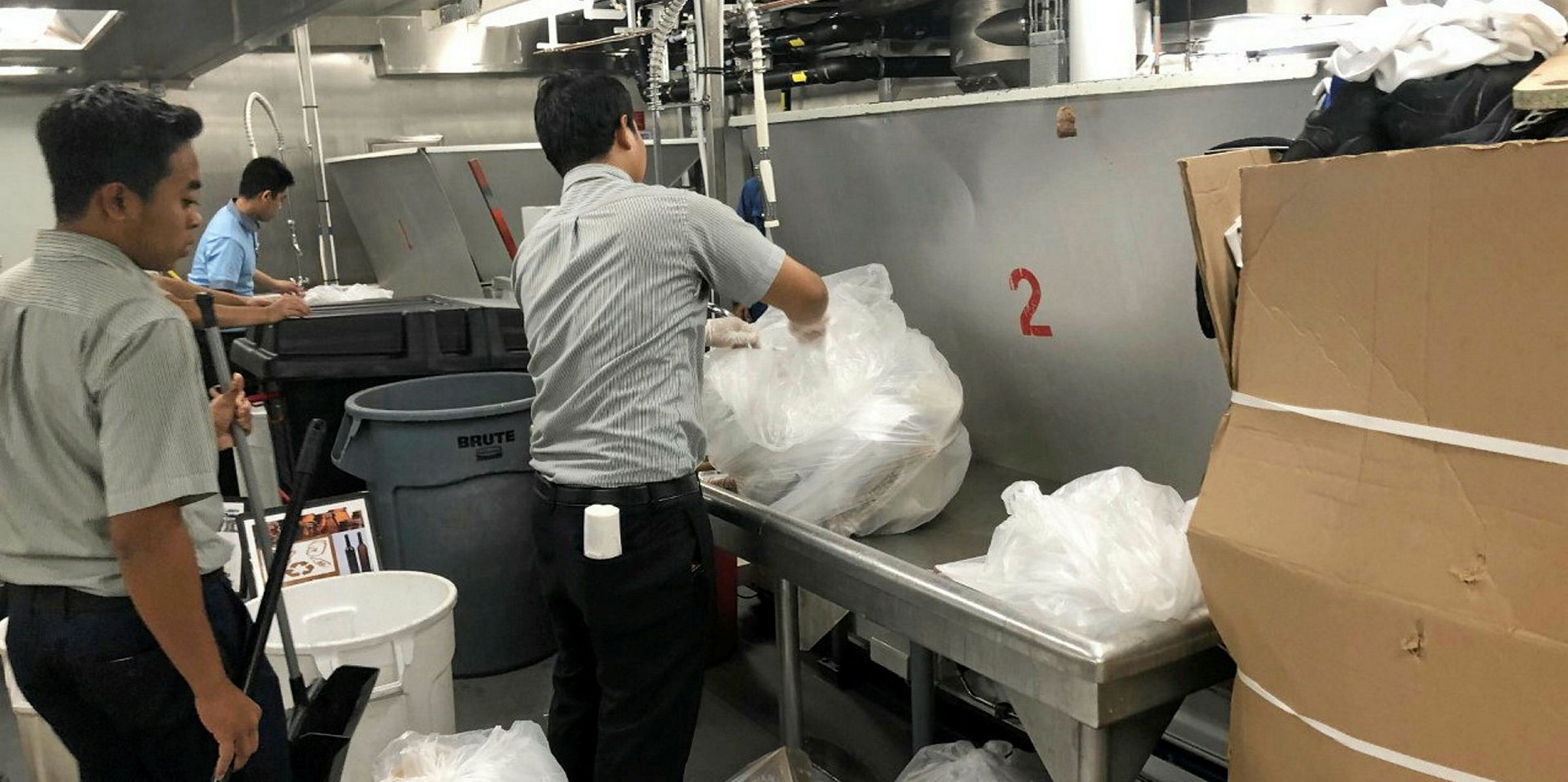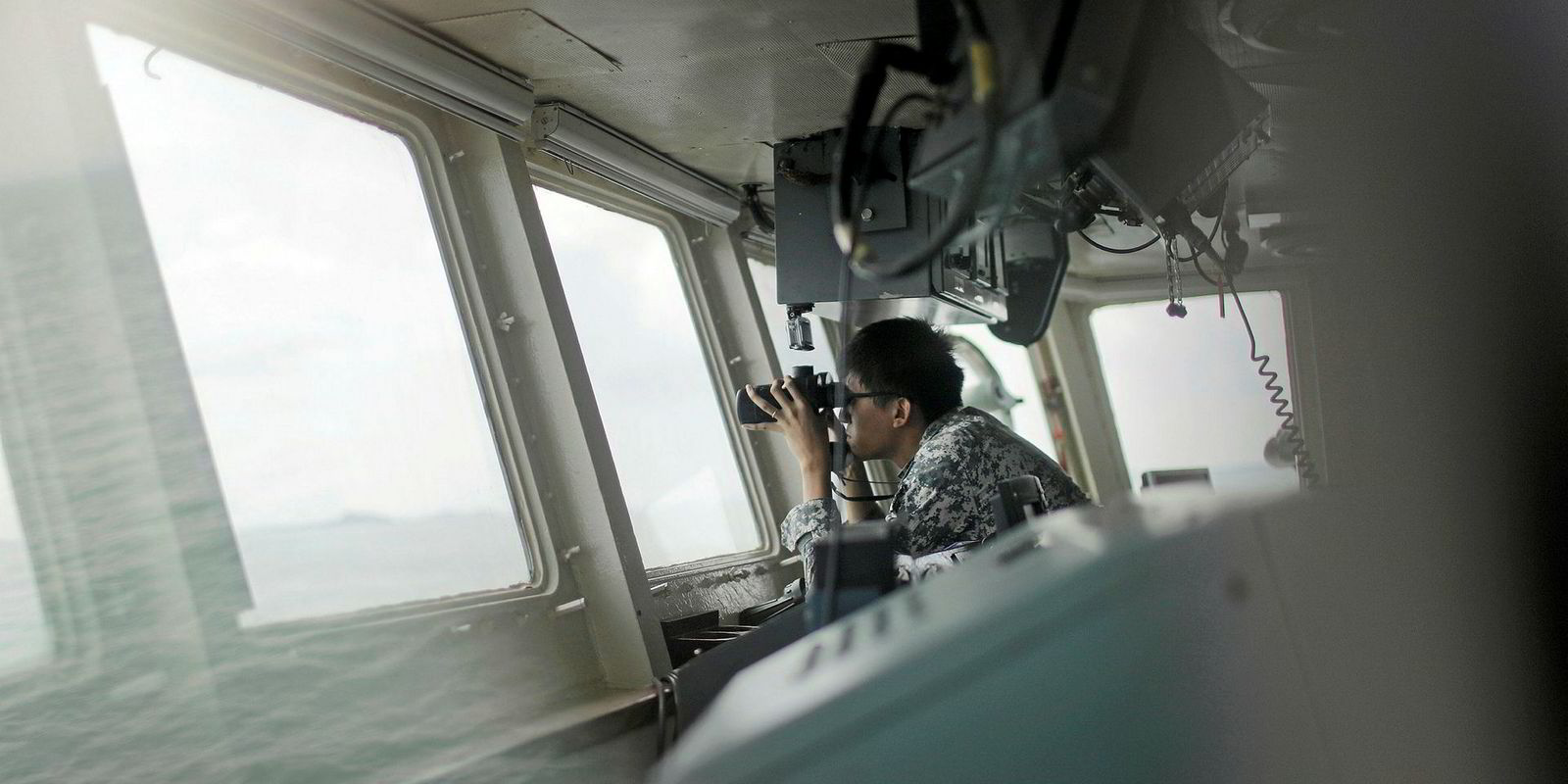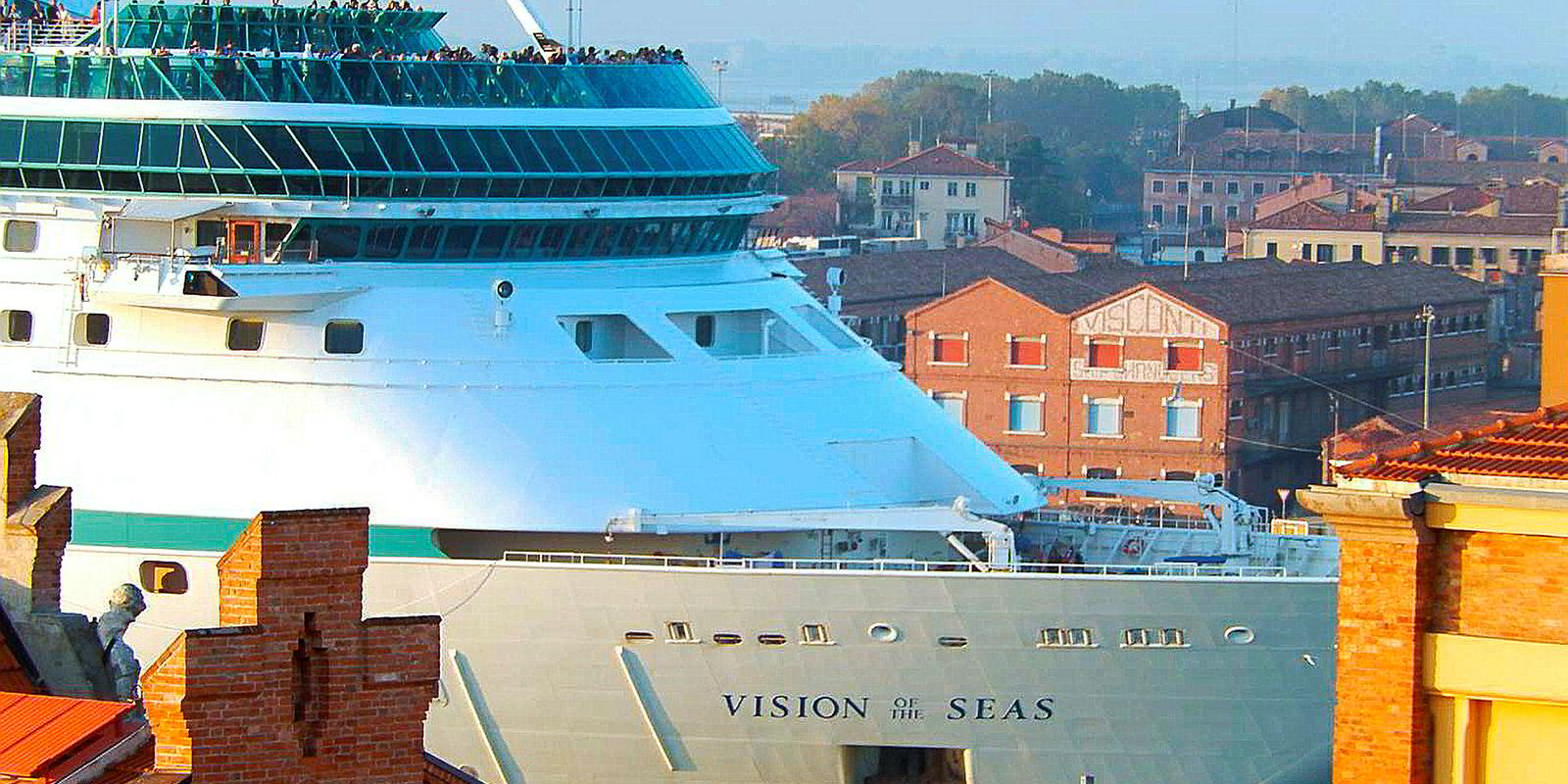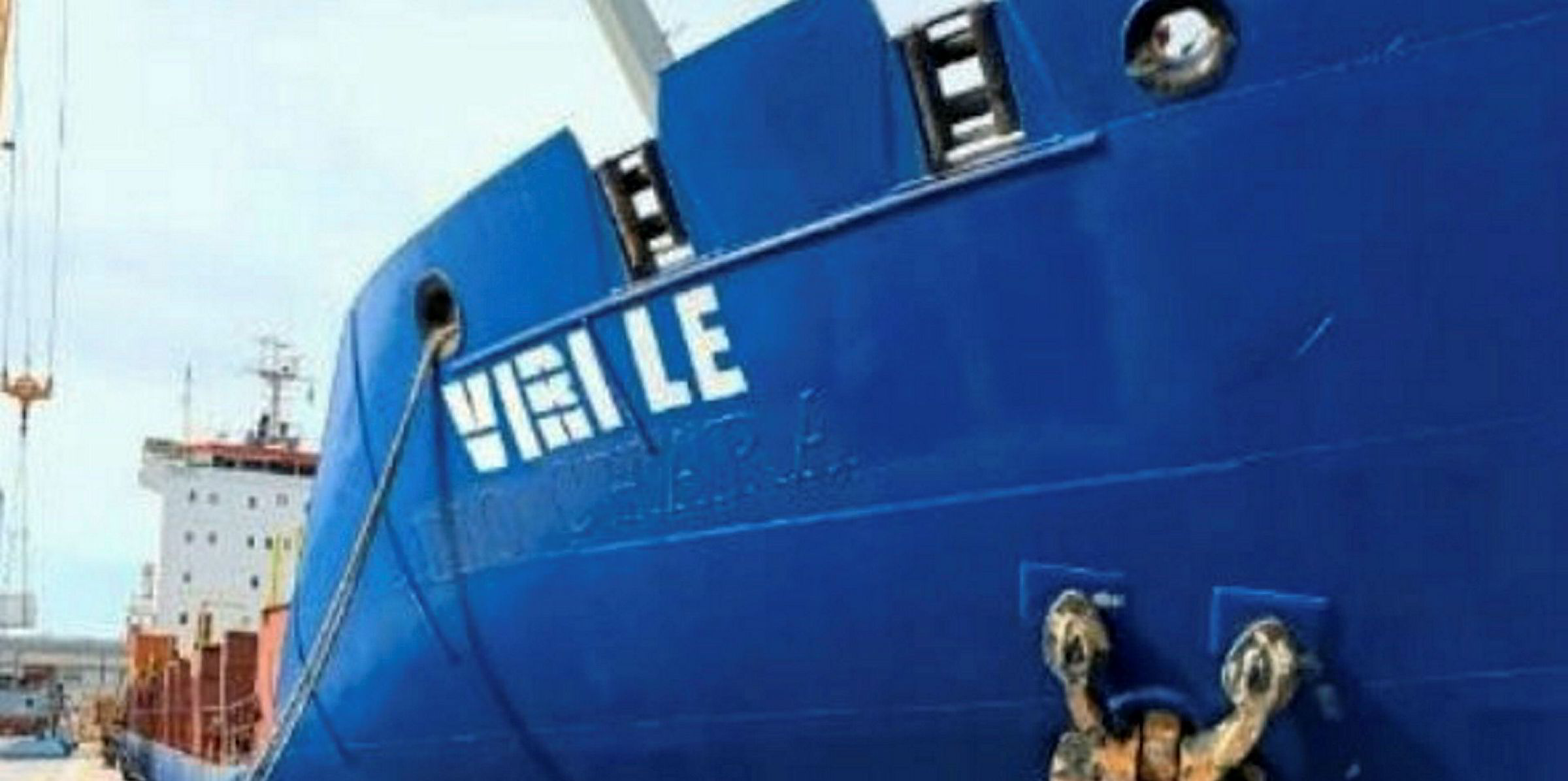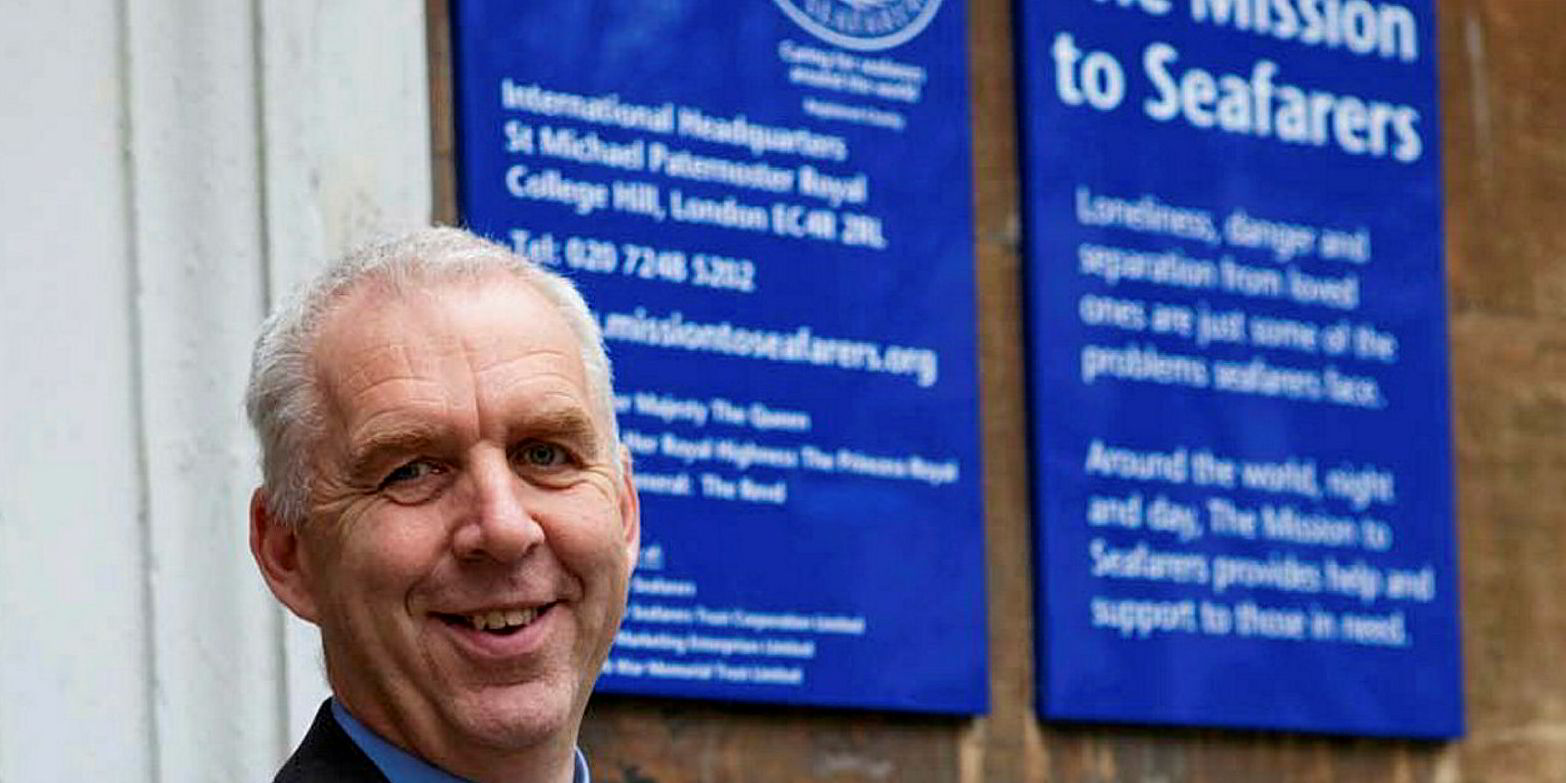Sailing aboard a lustrous, fun-filled passengership to an exotic getaway may be a dream to most, but some experts believe seafarers toiling aboard these vessels often see it as a downright nightmare.
These hard-working staff have experienced numerous wrongs at sea, according to industry observers, from heavy workloads with no time off to bonded labour and sexual misconduct.
"These conditions are open to psychological, physical and sexual abuse, as those who issue complaints risk dismissal from their work, and may be placed in a port onshore without the resources to return home to their country," maritime psychologist Joanne McVeigh told TradeWinds.
"On some cruiseships, substantial number of women work long hours below deck in the housekeeping department, reporting to senior [staff] who are frequently men."
McVeigh, who holds a PhD in psychology, is a lecturer at the School of Applied Psychology at University College Cork in Ireland.
Significant exploitation
She said research indicates that workers from low and middle-income countries experience significant exploitation.
The International Transport Workers' Federation said wages for cruiseship workers are "comparable to the rest of the shipping sectors" but would not give actual salary figures.
A 2016 document on ITF's website, however, said the minimum monthly wage for ITF seafarers was $614 per month for working a maximum 208 hours per month.
"The ITF doesn't encourage seafarer work days exceed 10 hours, but the system allows for some flexibility and extra overtime at a higher rate if the number of included overtime hours are exceeded on a monthly basis," the organisation said.
Some experts within the cruise industry argue that its seafarers are overworked to the point of total dread.
"I certainly do think that the quite relentless pace of operations does take its toll," said Steven Jones, author of the quarterly Seafarers Happiness Index published by the Mission to Seafarers and Shipowners' Club.
The crew members clearly indicated unhappiness aboard cruiseships in a second-quarter report, which scaled glee levels of 2,000 responding maritime employees from one to 10.
'Least satisfied'
Those working on cruiseships and ferries gave the lowest ratings of 5.3 of all crew members within maritime's various sectors.
"Ferry crews and those on cruiseships were reportedly the least satisfied," the 14-page document said.
Ferry crews and those on cruiseships were reportedly the least satisfied. The connectivity issue [internet] is a massive one. That really started to demoralise them and they felt it wasn't right.
Steven Jones
Jones said another major qualm is the high charge for internet access, which workers rely on to contact their families.
"The connectivity issue is a massive one," he told TradeWinds. "That really started to demoralise them and they felt it wasn't right."
They also complained of extremely heavy workloads without any days off, he added.
The ships' officers are not too happy either, often having to field queries and demands from onshore operations in the wee hours of the night, he said. "There's no regard for time zones. It's demoralising."
Of the 2,000 respondents, 4% were cruiseship and ferry workers, while dredger workers, whose happiness score was highest at 7, accounted for less than 1%.
"Seafarers on dredgers were the most satisfied ... however, the percentage of respondents on this type of vessel was low — perhaps just a very happy ship!" Jones said in the report.
Crews on tankers, bulkers and boxships were in line with maritime's average rating of 6.3.
Ratings were based on 10 factors, including mental and physical health, diet, rest, workload, connectivity, training and access to shore leave.
The tanker sector accounted for 48% of respondents, followed by those on bulkers at 17%, on boxships at 13% and on general cargoships at 7%.
'Very satisfied'
Cruise Lines International Association (CLIA), led by Royal Caribbean Cruises vice chairman Adam Goldstein as global chairman, offers quite a different view on cruiseship worker happiness.
"Crew members are very satisfied with their jobs and the opportunities for career advancement, which explains why employee retention rates in the cruise industry are upwards of 80%," CLIA said.
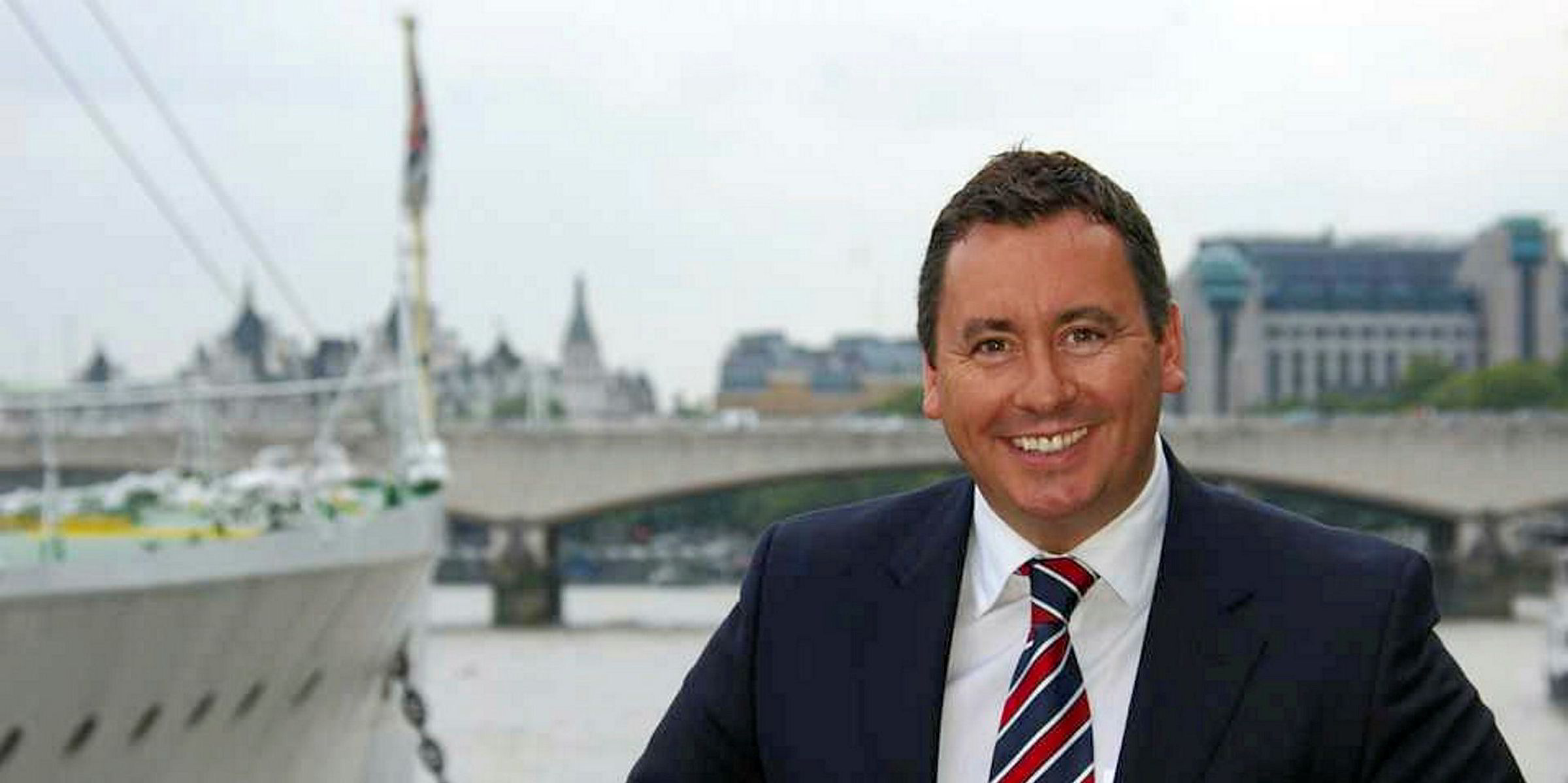
"In addition to their salary, crew members typically receive free medical care, room and board, meals and many other benefits that are often unavailable in their home countries."
Job satisfaction is so high among these seafarers that they actually recruit friends and family into working on the high seas, the Washington, DC-based organisation said.
"Cruiseship seafarers include the full range of people working onboard from the captain to medical personnel, to the stewards that make up passenger staterooms," it said.
"A highly skilled and highly satisfied crew is the key to providing an exceptional vacation experience for our passengers. Cruise lines often receive up to 100 applications for each job opening."
CLIA said it does not track how much cruiseship workers are paid. The organisation did not immediately respond to McVeigh's comments on seafarer gender inequality and exploitation.
Emails to US cruise majors Carnival Corp, Royal Caribbean Cruises and Norwegian Cruise Line, which make up about 80% of the cruise market, did not immediately return calls seeking comment.
Suicide at sea
London-based ITF said the Seafarers Happiness Index may not accurately represent the sentiment of the 350,000 employees worldwide but noted that many often complain of inadequate shore leave.
"The way cruiseships operate has changed over the years from almost no onboard activities when the ship was in port to a 24/7 activity pattern today.”
And certain statistics do paint a harrowing picture of the reality of working on cruiseships.
The UK P&I Club reported that 15.3% of all mental health-related deaths onboard were attributable to suicide for the year 2015-2016, compared to suicide accounting for 1.4% of all deaths worldwide in 2016, according to the World Health Organization.
"As emphasised by Human Rights at Sea, urgent human rights issues are occurring in the maritime sector," McVeigh said.
"Inequities in the shipping industry include the conflation of rank with ethnicity, and the occurrence of dual salaries whereby seafarers of different nationalities receive different pay for the same job."
